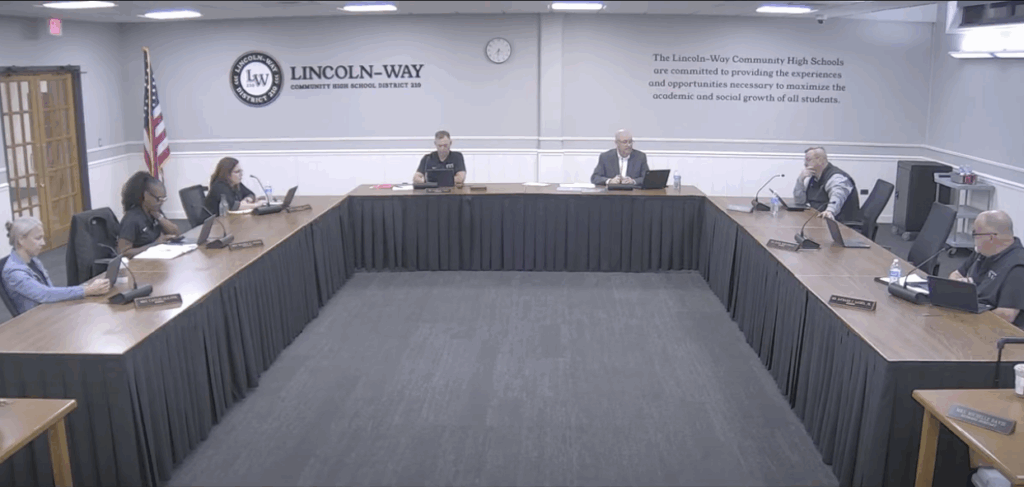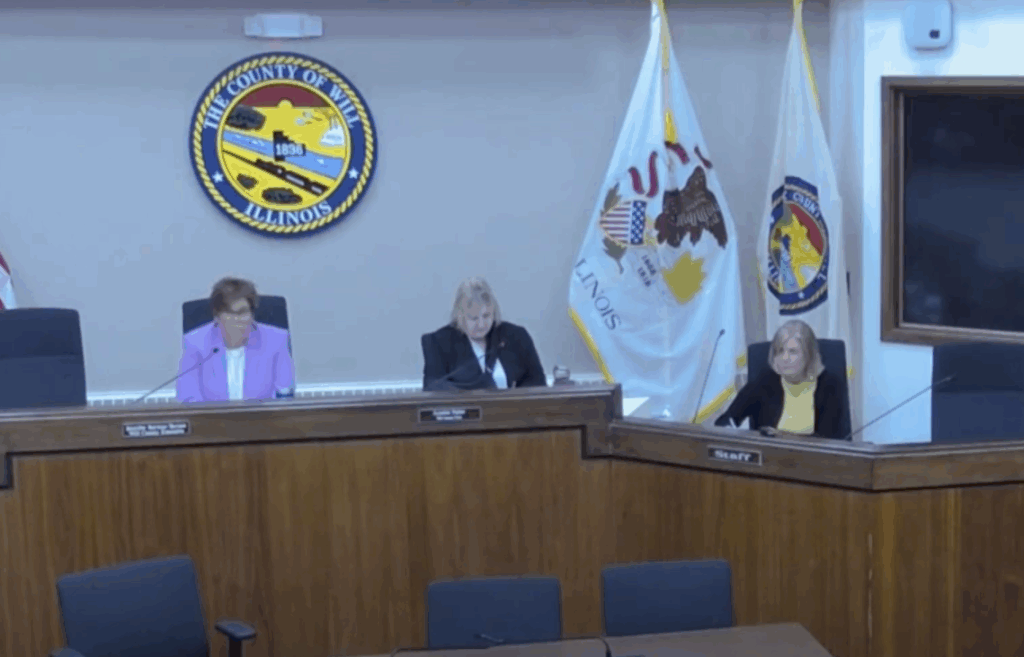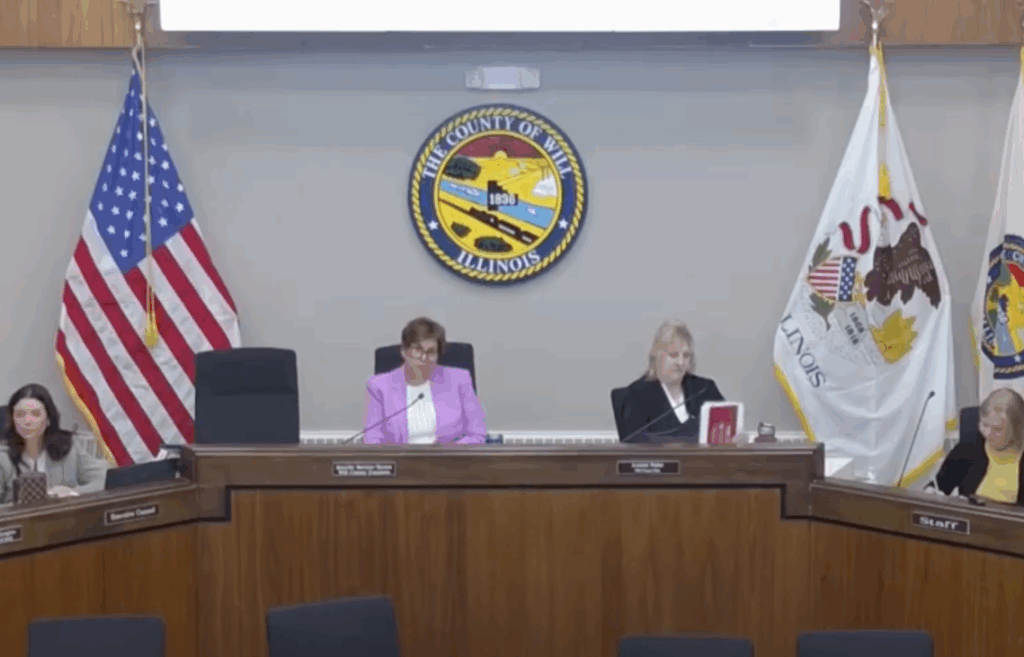
Michigan school board passes controversial sex ed policies
After weeks of public backlash, the Michigan Board of Education officially moved forward to adopt controversial new Michigan Health Education Standards Framework.
The newly-adopted standards include recommendations that students are taught about “gender expression,” “sexual orientation” and other “sexual health” practices.
Many Republican politicians, candidates, interest groups, and citizens joined to speak out against the proposed guidelines during the 30-day period of public comment. The board eventually voted to approve the new framework by a vote of 6-2.
“I am proud of what we just did,” said Dr. Pamela Pugh, the board’s president, during the meeting last week. “We made safer spaces for students, all students.”
State Rep. Rachelle Smit, R-Shelbyville and speaker pro tempore, spoke with The Center Square in an exclusive interview regarding the new guidelines.
“Michigan parents have been crystal clear: they want full transparency, real accountability, and meaningful control over their children’s education,” Smit said. “The State Board of Education’s vote ignores those expectations and pushes standards that reach far beyond what many families believe is appropriate.”
Many of the guidelines are new and were not found in the last Michigan Health Education Standards Framework, which was last updated in 2007.
The state argued in a statement following the board’s approval that local districts still maintain control.
“As in previous versions, local control remains in place and parents retain the right to decide whether their children should participate in sex education instruction,” it said. “The standards remain consistent with Michigan law by providing for local school districts to notify parents in advance of any sex ed instruction.”
Republicans have argued that, while they understand that these are just guidelines for schools to follow, they still set a new and concerning precedent.
“Calling these standards ‘just guidelines’ doesn’t change the practical reality,” Smit said. “Once Lansing sets a benchmark, local districts face strong pressure to adopt it, even when it clashes with the beliefs and needs of the communities they serve.”
Many opponents of the new framework have been particularly concerned with the inclusion of LGBTQ+ education guidelines. The guidelines were adopted for students as young as sixth grade, who are usually aged 11-12.
Under the new guidelines, the state recommends that schools for students in grades 6-8:
• “Define gender identity, gender expression, and sexual orientation, and explain that they are distinct components of every individual’s identity.”
• “Explain how biological sex, gender identity, and gender expression are distinct concepts.”
• “Explain that romantic, emotional, and/or sexual attractions can be toward an individual of the same and/or different gender(s).”
Smit said parents, not schools, should be the ones having those conversations with students.
“These are deeply personal matters that belong first with parents, guided by their faith, values, and understanding of their own children,” she said. “Parents, not bureaucrats, must remain the primary decision-makers in their children’s lives.”
Proponents of the new framework, who are largely Democrats, have argued that pushback to the new guidelines are “fear-based” and stigmatize LGBTQ+ students.
“Many classrooms in Michigan have LGBTQ+ students,” said state Rep. Reggie Miller, D-Van Buren Twp. “When we erase them from our curriculum, we tell them they don’t belong. That’s not leadership; that’s cruelty disguised as policy.”
Miller was speaking out specifically against House Resolution 195, which Michigan House Republicans adopted at the beginning of the month to express their opposition to the new guidelines.
Organizations like the Michigan Parent-Teacher Association and the Michigan Department of Education approved of the new framework.
“These new standards are a long-overdue, evidence-based approach to meeting the real health needs of today’s students,” said Dr. Tonya Whitehead, president of the Michigan PTA. “The updated standards will help create healthier, safer, and more supportive schools for every child in Michigan. Health education shouldn’t be an extra—it’s a foundation for learning and thriving.
While the framework was successfully passed despite backlash, not all opponents of it feel defeated.
Eileen McNeil, president of Citizens for Traditional Values, spoke at the board’s meeting and released a statement following the board’s approval. She said in that statement that she is hopeful that the vote was a “clarion call” for Michigan parents.
“I am disappointed and yet I am excited,” Miller said. “If they think they have seen the end of this, they have just lit the match that is about to start a groundswell that is uncontainable. Only good things are coming—but it’s not through these health standards.”
Latest News Stories

Lincoln-Way to Purchase New Buses, Add Smaller Vehicles to Address Driver Shortage

Will County Awards $10.4 Million Contract for Bell Road Widening Project

Mokena 159 Board Adopts New Policies on AI, Student Support Despite Dissent

Green Garden’s Wildflower Farm Granted Second Extension for Rural Events Permit

Will County Board Compromises on Mental Health Levy, Approves $10 Million After Debate

Lincoln-Way Board Honors Students with Perfect ACT Scores, Music Educator of the Year

Frankfort Township Board Denies Permit for New Bar on St. Francis Road

Mokena 159 Receives Clean Audit Report, Earns State’s Highest Financial Recognition

Meeting Summary and Briefs: Mokena Village Board for September 22, 2025

Will County Board Rejects Proposed Tax Hike, Approves 0% Levy Increase in Contentious Vote

Lincoln-Way Support Staff Union Rejects Tentative Contract Agreement

Mokena to Replace Invasive Callery Pear Trees with Grant Funding


